On the afternoon of 29th May 2024, the expert and scholar presentation of the 2nd Graduate Student Academic and Cultural Festival (Civil Engineering and Advanced Materials Discipline Cluster) of Guangxi University, which was co-sponsored by the Graduate School of Guangxi University, the Committee of Guangxi University of the Communist Youth League, and the Department of Students' Work (Office), was held in Yulin Hall of Junwu Hall. The presentation was jointly organized by the Graduate Student Association of the School of Computer and Electronic Information, the Graduate Student Association of the School of Civil and Architectural Engineering, the Graduate Student Association of the School of Resources, Environment and Materials, and the Student Branch of Guangxi University of China’s Computer Federation (CCF), and co-organized by the Graduate Student Association of the School of Oceanography. Professor Xiang Sun, Vice Dean of School of Resources, Environment and Materials, Professor Chuanxi Li, Head of Road and Bridge Department of School of Civil and Architectural Engineering, and Ms. Yingying Ren, Assistant Professor of School of Computer and Electronic Information were invited to attend the meeting and presented academic reports.

Figure 1 Scene of the presentation
Firstly, Professor Xiang Sun presented a talk titled "Theoretical Methods and Practices of Carbon Peak, Carbon Sinks and Carbon Trading". Professor Sun elaborated on defining the relevant statistical calibre of carbon indicators in inter-provincial import and export circulation, introduced the carbon sequestration patterns of typical wave-controlled mangrove ecosystems and its driving mechanism and analyzed carbon dynamics and major environmental impacts of typical wave-controlled mangrove ecosystems based on the time series, and the mechanism of the role of soil enzymes on typical wave-controlled mangrove ecosystems, and other studies. Lastly, Professor Sun also explained the theoretical methods and practices of CCER (China Certified Voluntary Emission Reduction) certification and carbon trading.
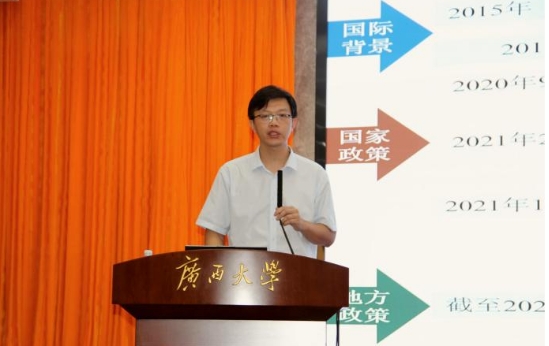
Figure 2 Professor Xiang Sun giving a presentation
Afterwards, Ms. Yingying Ren delivered a presentation entitled "Group Sensing and Group Intelligence Collaboration for Large-Scale Smart Cities - 'Human-Machine-Object' Converged Sensing and Computing", emphasizing the means of achieving smart cities. Ren discussed group perception and group intelligence collaboration as an emerging "human-machine-object-centric" large-scale perception and computation model. The topic is not only a hot issue in academia and industry, but also an important content of the national "new generation artificial intelligence development plan". Ms. Ren introduced the concept, related theories and key technologies of group intelligence perception, while also looking forward to its application and development prospects in smart city construction.
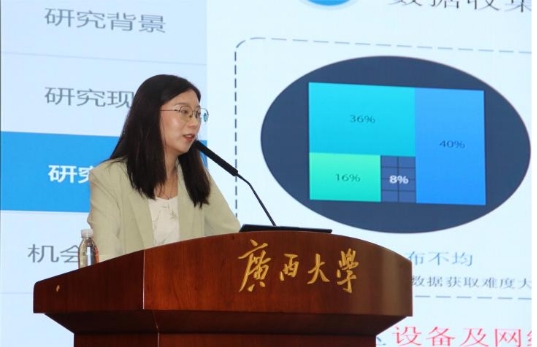
Figure 3 Teacher Yingying Ren giving her report
Finally, Professor Chuanxi Li presented a special report entitled "Bridge Engineering Development and Personal Growth". Professor Li introduced the development history of the civil engineering industry and the current situation of the industry in three aspects: "Believe in the industry's breadth", "Grasp the development of bridges" and "You and I strive for growth". Combined with his personal development, Professor Li put forward his earnest hope to the students: young college students should have the correct "four views" and excellent character, continue to accumulate three types of knowledge, cultivate eight kinds of abilities, maintain lifelong learning, and grow into good young men of the new era who are in tune with the times and embody the unity of knowledge and action.
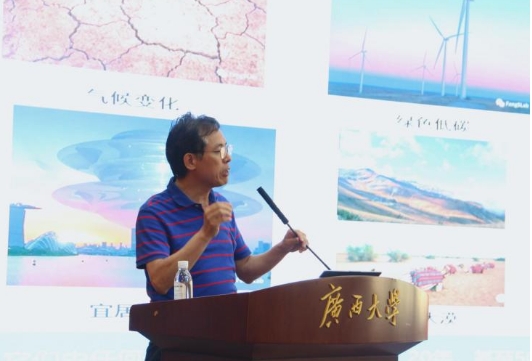
Figure 4 Professor Chuan Xi Li giving his presentation
In the interactive communication between teachers and students, the three guests answered the research questions raised by students one by one and patiently solved the puzzles.
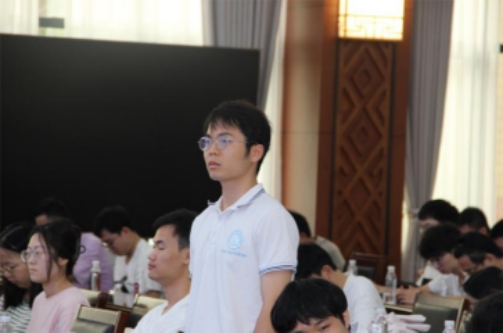
Figure 5 Active questions from students at the site (1)
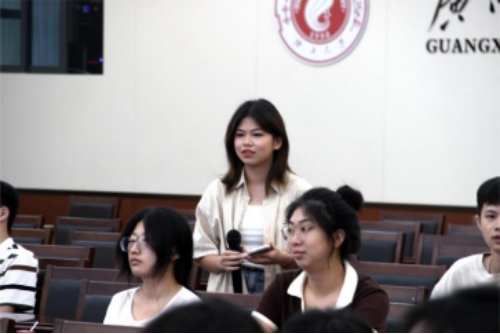
Figure 6 Active questions from students at the site (2)
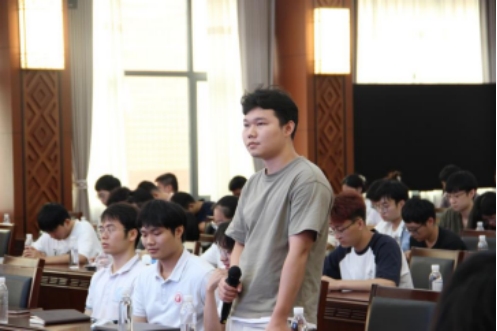
Figure 7 Active questions from students at the site (3)
This activity guides postgraduates in improving their sense of innovation, broadening their academic horizons, stimulating their enthusiasm for scientific research, and cultivating interdisciplinary thinking through the establishment of an academic exchange platform. This platform creates a positive, healthy, and harmonious atmosphere of academic culture within the university, effectively fostering postgraduates' academic success and exceptional growth.
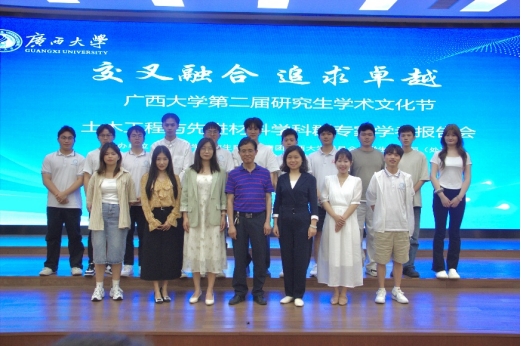
Figure 8 Group photo of guests and staff